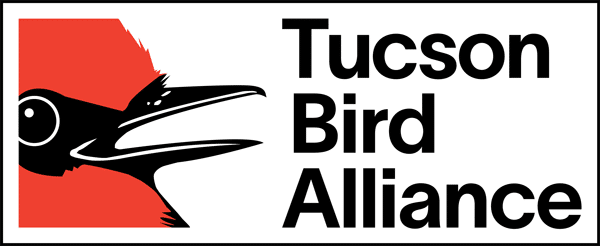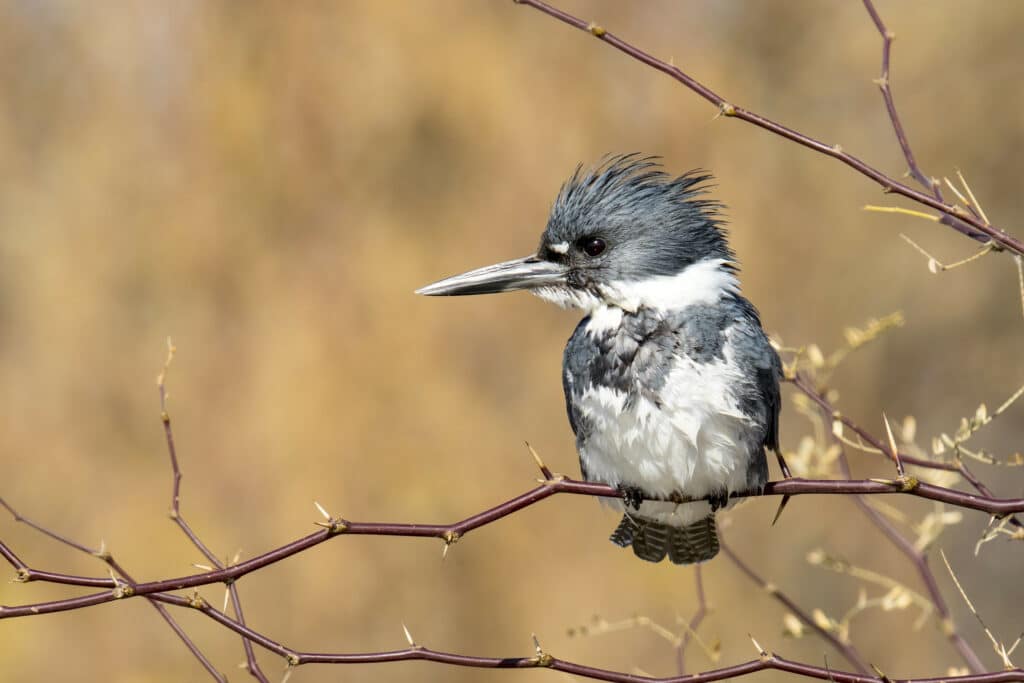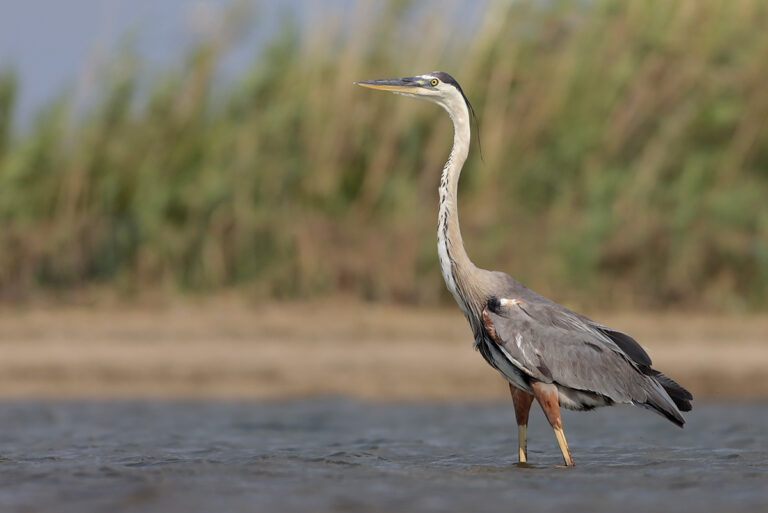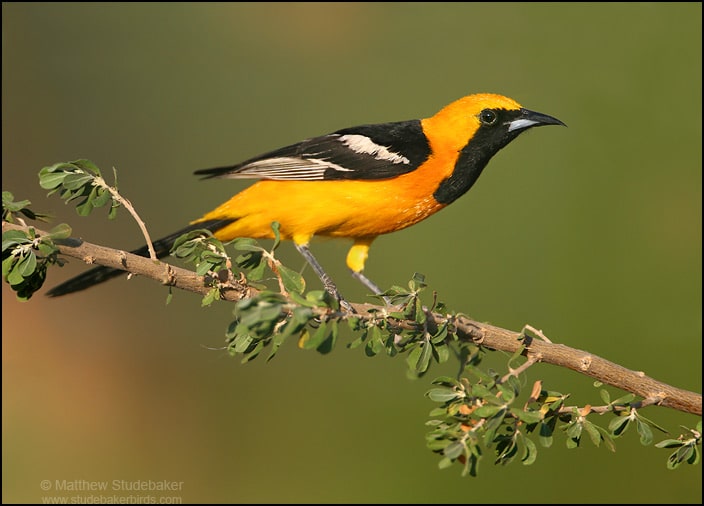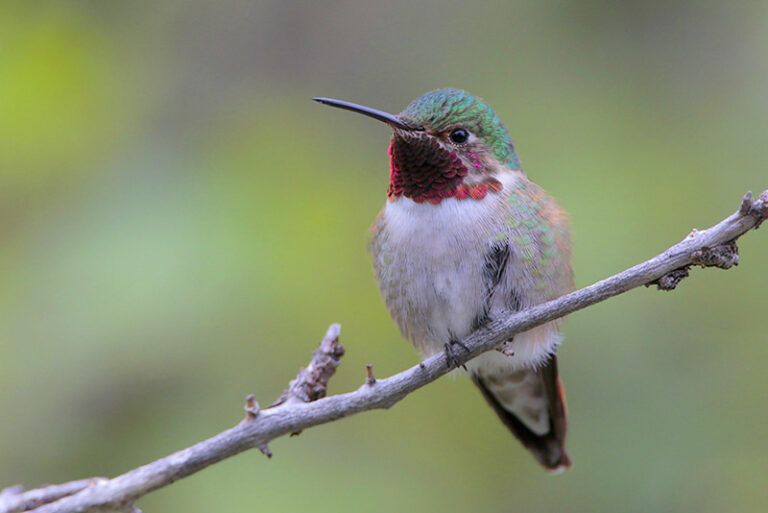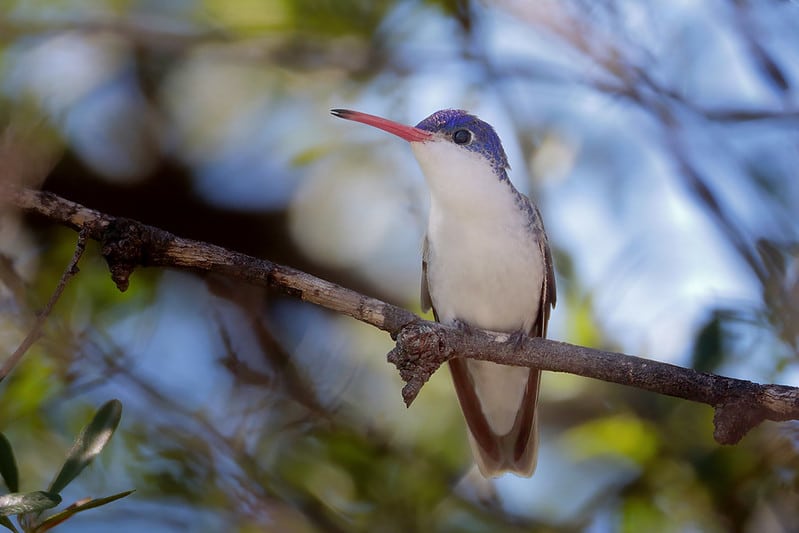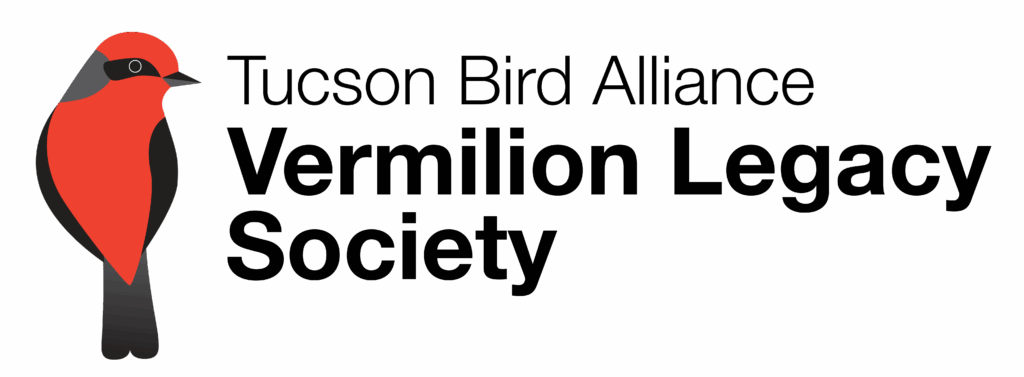Like the nearly 100 other species of kingfishers scattered around the world, the Belted uses its oversize bill to dig nest burrows in the soft sandy sides of streams, rivers, ponds, lakes, and estuaries. This nest burrow that can reach eight feet long is usually placed high enough to avoid rising waters, is angled upward to further keep water out, and is vigorously defended by the pair. They will chase off any intruder and give their famous, grating rattle call that you’ll probably hear before ever seeing the bird in the dense riparian habitat. Unlike a lot of the other kingfishers where both sexes look alike, the Belted Kingfisher female is more brightly colored than the male and has a rusty red belly band added to the cool blue-gray and white suit that both share.
The Belted Kingfisher is one of the most widespread landbirds in North America, breeding across most of Canada and the US (up to 9,000 ft!) in addition to utilizing the Southwest, Mexico, and Central America as wintering grounds. It’s present in Southeast Arizona year-round but is much more common August through March at most lakes and riparian areas, including urban Tucson, the Santa Cruz and San Pedro Rivers, and even some mountain canyons. Although Belted Kingfishers feed largely on fish by plunge diving, they also eat crustaceans, insects, reptiles, amphibians, small birds and mammals, and even fruits. Interestingly, kingfishers have a stomach chemistry that changes over time—nestlings can digest fish bones and scales, and shells, but once leaving the nest, they lose this function and must regurgitate pellets.
Kingfishers play a role in Greek mythology: an angry Zeus killed Ceyx by sinking his ship, so his distraught lover Alcyone threw herself into the sea. The gods took pity on them and turned them into a pair of beautiful halcyon birds, or kingfishers. Today, many species of kingfishers have “halcyon” or “Ceyx” in their Latin names, and of course, they throw themselves into the “sea” on a regular basis.
Image by Mick Thompson
